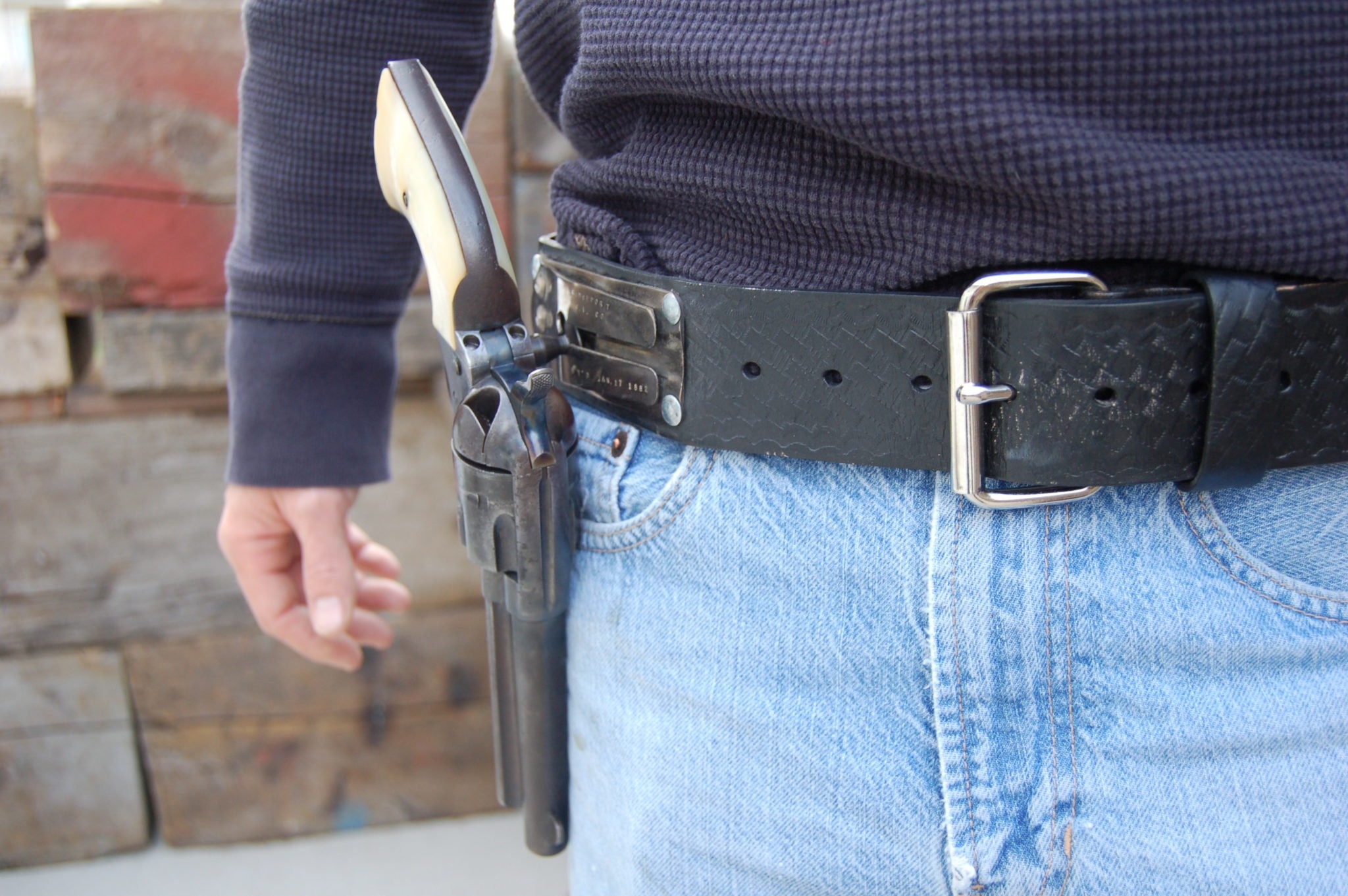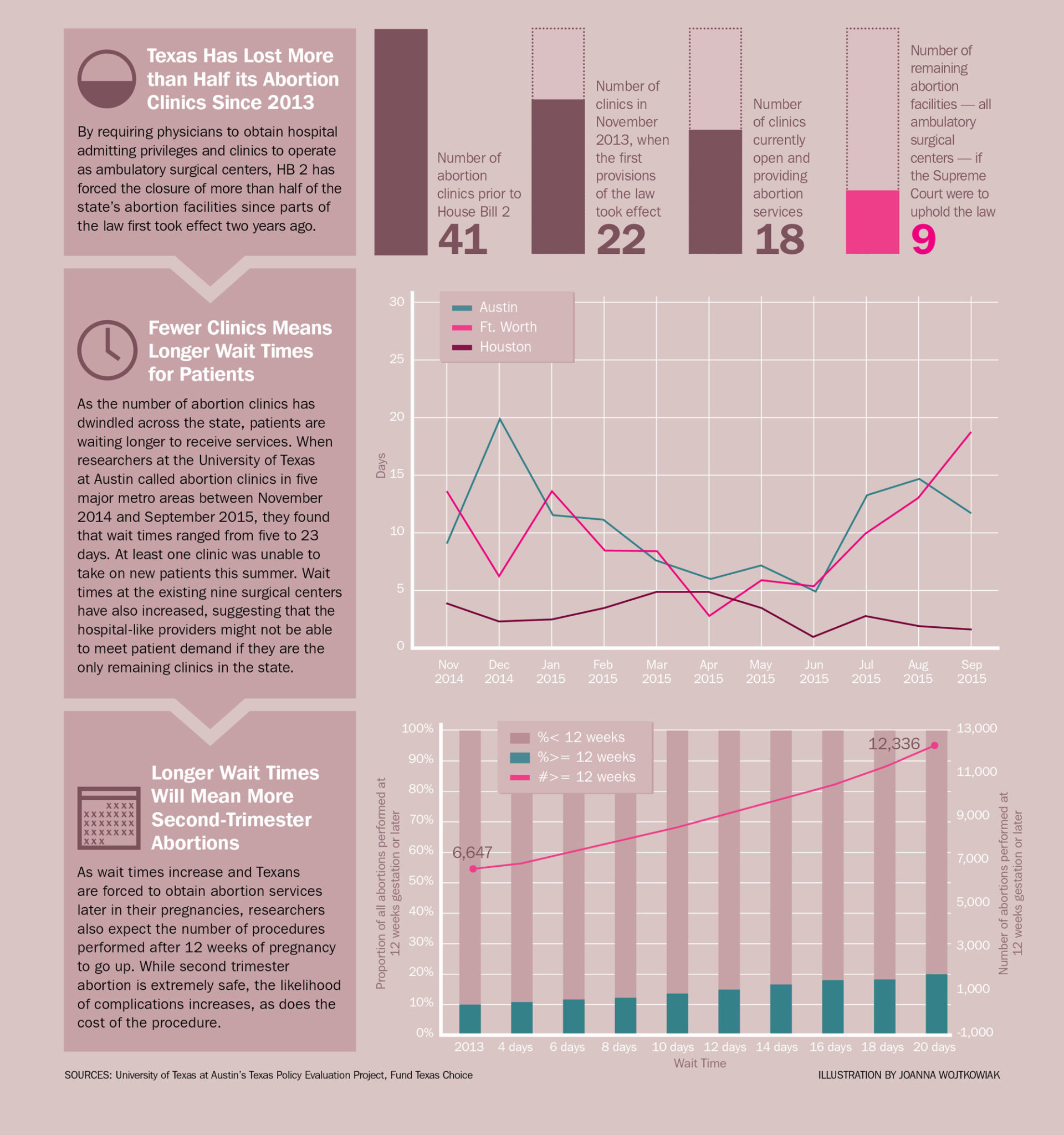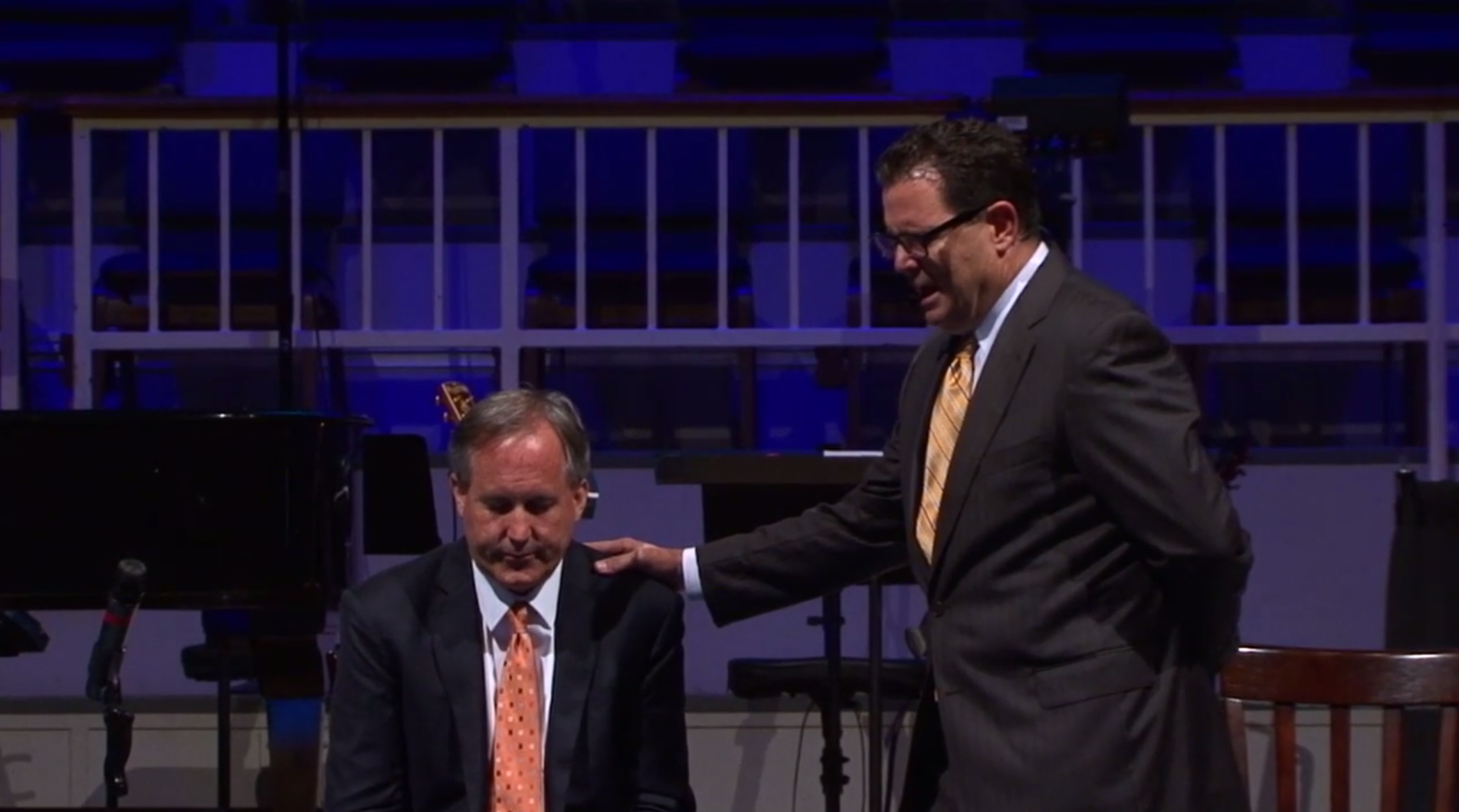
House Divided Over Cop-Blocking Open Carry Provision

Debate on a bill that would allow license-holders to openly carry handguns pitted friends against friends and created some strange alliances in the House on Wednesday. After a topsy-turvy debate, lawmakers voted to send the bill to conference committee in an effort to try to strip the bill of an element that some say could endanger police. The move could unexpectedly put open carry legislation—once considered a done deal—in jeopardy.
At issue was a controversial amendment to the open carry legislation that’s on its second life. Otherwise, House Bill 910 would be sailing to the governor’s office right now. The amendment in question, originally authored by Rep. Harold Dutton (D-Houston) and Rep. Matt Rinaldi (R-Irving), would ban police officers from stopping someone solely because they are visibly carrying a handgun.
The amendment was stripped from the bill in a committee before the Senate took it up. Then it was resurrected on the Senate floor by Sen. Don Huffines (R-Dallas), a staunch supporter of so-called constitutional carry (allowing individuals to carry a handgun openly, without a license). The “Dutton amendment” has the same effect as constitutional carry; if a police officer can’t stop you if you’re openly carrying a handgun, then why would you need a license?
Dutton actually strongly opposes open carry, and he voted against the bill when it first came up in the House last month. On Wednesday, however, he voted to “concur,” voting for the bill with the amendment the Senate had added. His reasoning? If open carry is going to be law, he wants to make sure that it applies “to people who look like [him].”
Dutton said he wanted to ensure that the law would be applied equally to black and white citizens. If there’s a black person and a white person standing on the same street, each carrying a gun, Dutton posits that the black person would be approached by a police officer first, and potentially harassed for doing something that’s legal.
Sen. Rodney Ellis (D-Houston) supported the amendment for the same reason, saying in a statement last week: “Our state has an unfortunate record on racial profiling and selective enforcement when it comes to detaining people of color.”
Eight Democrats voted to accept the Senate version today, five of whom had previously voted against the legislation.
Today’s debate split Republicans, too. Those in support of Dutton’s amendment argued that the amendment simply codified and clarified what is already law: Police officers aren’t supposed to detain a person unless they have a reasonable suspicion that the suspect is committing a crime. Under Dutton’s amendment, police could still use that standard.
Of course, that’s a bit of a problem considering police—and the general public—will have, up until the passage of open carry, lived in a society in which anyone openly carrying a weapon is automatically suspicious.
Two former police officers, Rep. Allen Fletcher (R-Cypress) and Rep. Phil King (R-Weatherford) both support open carry, but urged the body to send the bill to conference committee, to try to reach an agreement on the amendment. They argued that it would make police officers less safe.
“We’re making a quantum shift here going into an open carry world,” King said.
Law enforcement officials from around the state gathered at the Capitol Wednesday to speak against the Dutton amendment and urge lawmakers to send the bill to conference committee, where they hope it will be stripped out. They called on Gov. Abbott to veto the bill if the provision remains on the bill after conference. Austin Police Chief Art Acevedo said that the amendment would allow criminals to carry weapons “with impunity.”
Ultimately, the House heeded the advice of law enforcement, and 79 representatives voted against accepting the Senate changes, sending the bill to conference committee. That left some lawmakers predicting the end of open carry, and worrying that it won’t get out of committee quickly enough to pass before the Legislature wraps up on Monday. Rinaldi tweeted: “The House just killed Open Carry.”
The appointed House conferees include the bill’s author, and other supporters of open carry, which gives the legislation a good chance to get out of committee. Still, Rinaldi might be on to something. At a Texas Tribune event Thursday morning, Sen. Jose Rodriguez (D-El Paso) said he’d filibuster open carry if given the opportunity. The bill must go back to both chamber for final approval once it leaves committee, so if it gets out late enough, Rodriguez could have the power to keep open carry from becoming law.


